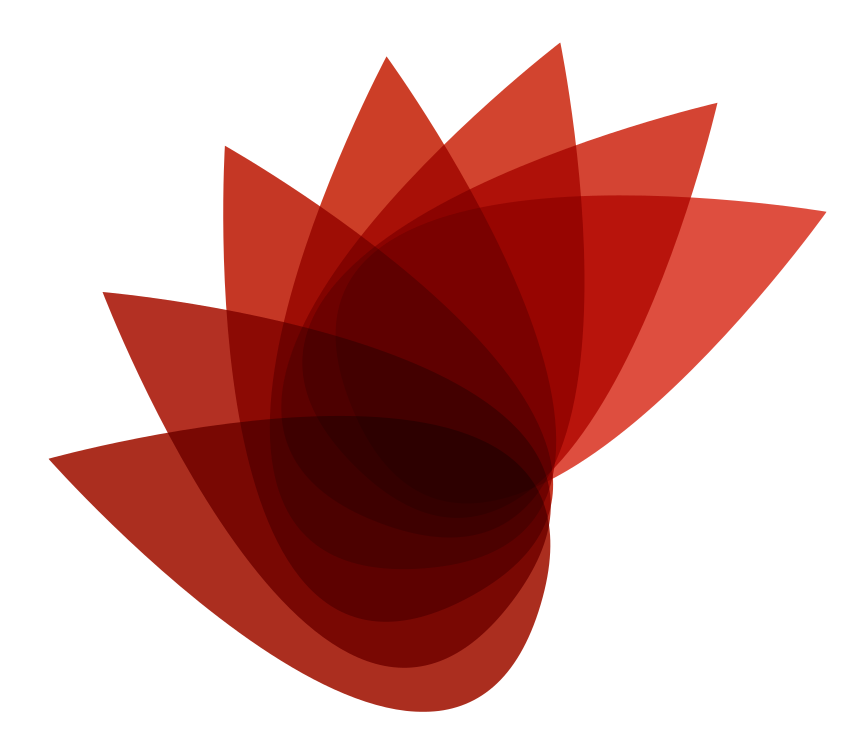- Descargar
MOOCs _A ReviewOfTheStateOfTheArt_2014.pdf
MOOCs _A ReviewOfTheStateOfTheArt_2014.pdf
Massive open online courses (MOOCs) have drastically changed the way we learn as well as how we teach. The main aim of MOOCs is to provide new opportunities to a massive number of learners to attend free online courses from anywhere all over the world. MOOCs have unique features that make it an effective technology-enhanced learning (TEL) model in higher education and beyond. The number of academic publications around MOOCs has grown rapidly in the last few years. The purpose of this paper is to compile and analyze the state-of-the-art in MOOC research that has been conducted in the past five years. A template analysis was used to map the conducted research on MOOCs into seven dimensions, namely concept, design, learning theories, case studies, business model, targets groups, and assessment. This classification schema aims at providing a comprehensive overview for readers who are interested in MOOCs to foster a common understanding of key concepts in this emerging field. The paper further suggests new challenges and opportunities for future work in the area of MOOCs that will support communication between researchers as they seek to address these challenges.
 Comunidad MIPE-DIPE
Comunidad MIPE-DIPE 